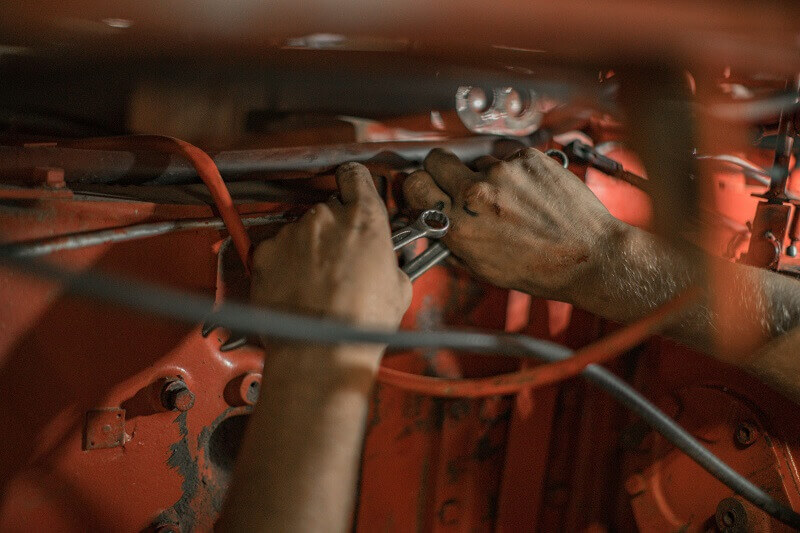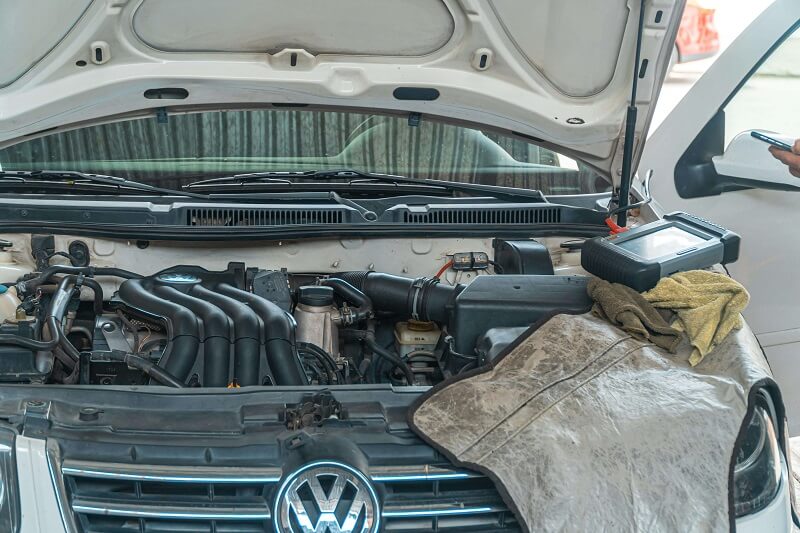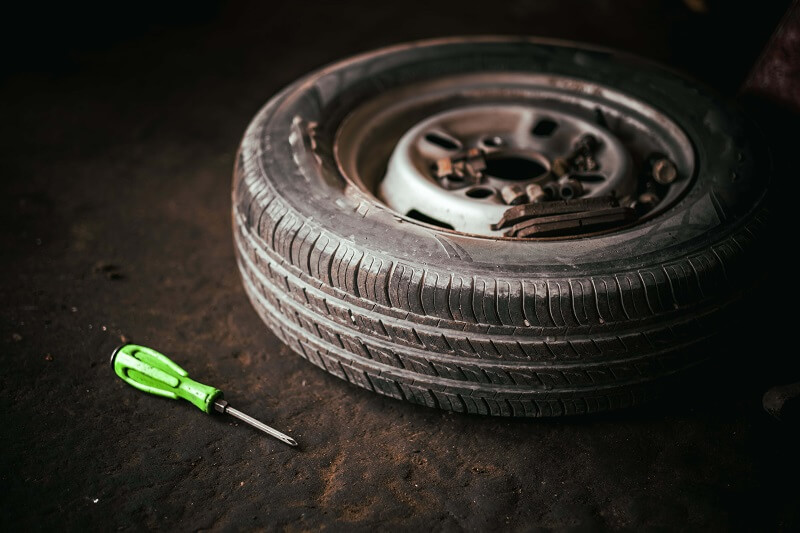Enhancing Driver Safety Through Proper Steering Maintenance
In automotive care, the significance of steering maintenance often goes unnoticed. Yet, it plays a crucial role in ensuring driver safety. Proper steering system upkeep helps maintain vehicle control, especially in critical situations, thus safeguarding against potential accidents. In Philadelphia, PA, auto repair professionals emphasize the importance of regular steering…
Read More


